This Summer, ITV’s ‘Love Island’ has graced our screens again. The show’s premise is to get to know and eventually couple up with potential love interests. This is paired with challenges and opportunities for the public to vote. In the end, the couple that wins has the chance to win £50,000. The reality show phenomenon has riled up excitement from fans across the UK, and as we gear up to the climax of Season 8, there is a lot to discuss.
For many Black women, the first episode of Love Island is always the most difficult to sit through. The first episode usually starts with the male contestants choosing a female contestant to couple up with for the first time. This decision is made purely through looks. Time and time again, the Black women are chosen last. This year, however, the public could decide who was to couple up. The lack of preference for Black women has been equally apparent in the latest season. During the first week of the show, out of the five girls, two were non-white. There were various statements from male contestants only seeing the three white girls as potential love interests, excluding the others.
Love Island has faced consistent criticisms surrounding diversity and race on the show. Many can say that they have addressed these criticisms. There has been an increase in non-white contestants; the first deaf contestant and the public were able to decide who coupled up in the first episode. The show has covered its bases with diversity in numbers. I argue that there needs to be more emphasis on diversity in preference.
When referring to diversity in preference, I allude to the idea that an individual is open to dating more than one race. At the moment, this is not the case on the show. Individuals tend to gravitate towards their preferences, which is not unusual. But this leads to the ostracization of those who do not fit in with this preference. Many reasons could be attributed to this. One could be the western beauty standard, which upholds European features over others. The typical ‘type’ repeated on the show is “blonde” or “petite”; quite often, darker-skinned female contestants are excluded. The emphasis on these features and the lack of contestants who appreciate non-Eurocentric ideals can be uncomfortable to watch.
Whilst it is impossible to expect the Love Island villa to be a perfect micro chasm of an equal society, there should be some attempt to make everyone feel included, with a chance to win. This could be done by attempting to cast islanders open to dating from all races and walks of life. Again, I acknowledge that this is easier said than done. But for many Black women, Love Island is a painful reminder of the rejection or blatant dismissal we face because we don’t fit that beauty standard.
Until changes are made, Love Island will remain a slightly triggering show for many Black women. Watching Black women be ignored, dismissed, and left out annually is a painful reoccurrence.

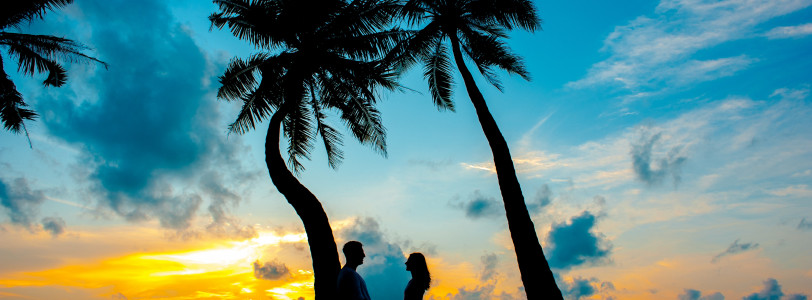
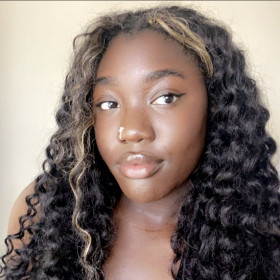
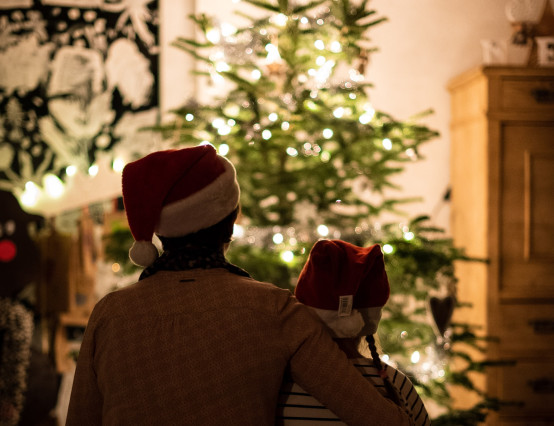
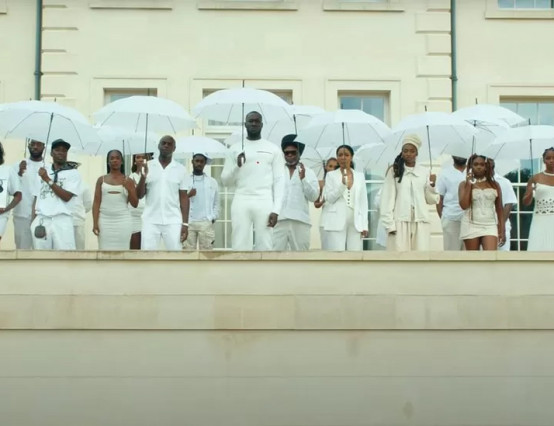
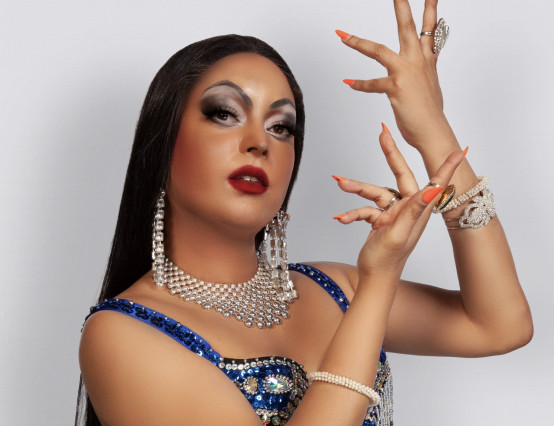



0 Comments